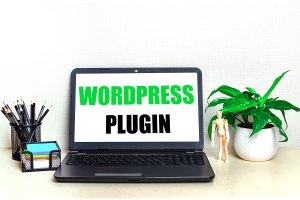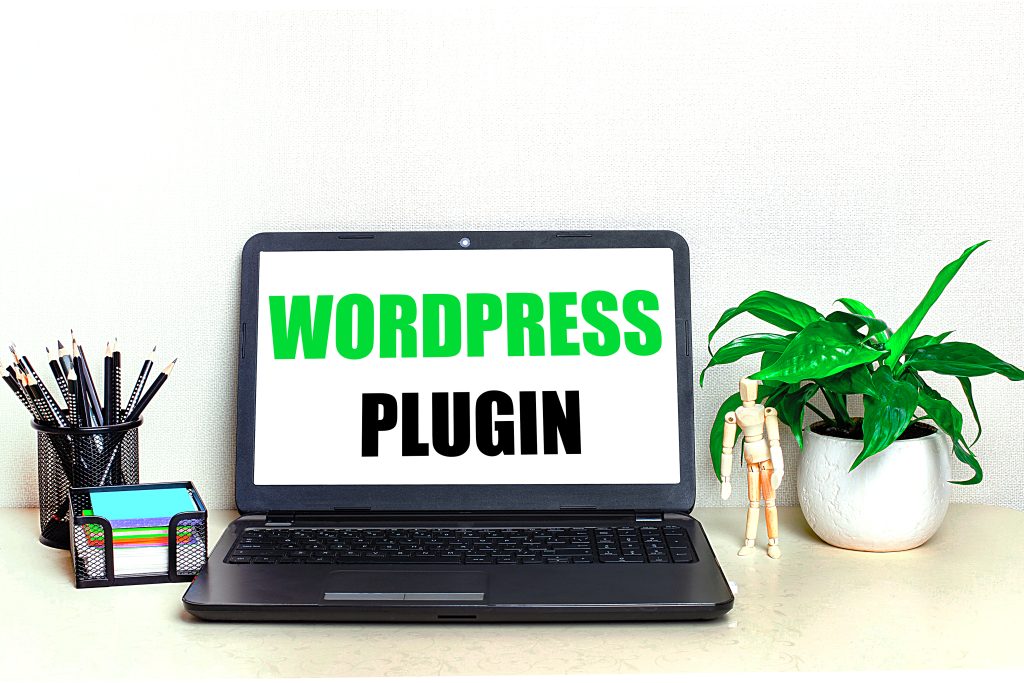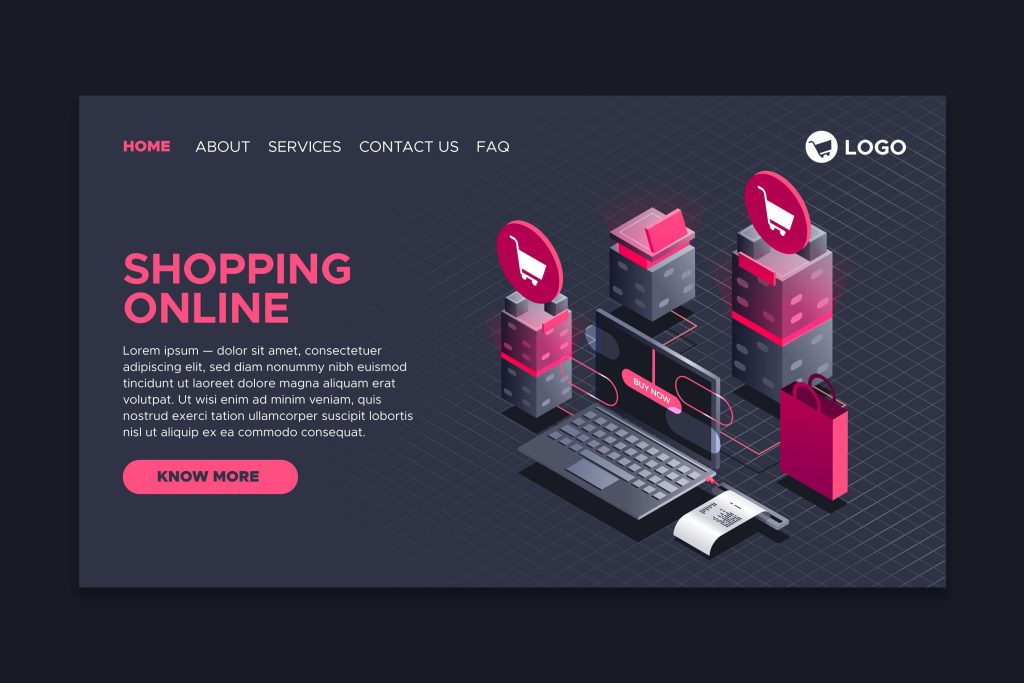When it comes to real estate, your neighborhood is your marketplace. And if you’re not appearing in local Google searches, you’re missing out on the most qualified leads. Local SEO for real estate agents isn’t just a trend—it’s a foundational strategy that helps you show up exactly where potential buyers and sellers are searching.
What Is Local SEO for Real Estate Agents and Why Should You Care?
Local SEO is a digital marketing strategy that focuses on improving your visibility in search results tied to specific geographic locations. For real estate agents, this means appearing in searches like “best realtor near me” or “homes for sale in [city].” Since most property buyers and sellers use location-based keywords during their search process, mastering local SEO gives you a competitive edge. The benefits go beyond rankings—it builds authority, increases traffic from your ideal audience, and helps establish trust before they even click on your website.
How to Claim and Optimize Your Google Business Profile the Right Way
Your Google Business Profile is often the first impression someone will have of your business. Claiming it is just the beginning—optimizing it is where the magic happens. Make sure your name, address, and phone number (NAP) are accurate and consistent with your website. Use the real estate agent category and upload recent photos of listings, happy clients, and your office if applicable. Keep your hours and service areas updated, and take advantage of features like Q&A and posts. A complete and optimized profile dramatically improves your visibility in Google’s local pack and maps.
Why Local Keywords Matter
Local keywords help you tap into the exact terms people are using when they search for real estate help in your area. Think about how someone might search for your services—phrases like “real estate agent in Brooklyn” or “buy a house in Denver” are gold. You can find these keywords using free tools like Google Keyword Planner or even autocomplete suggestions in Google. Once you have them, integrate them naturally into your page titles, meta descriptions, service pages, and of course, your blog content. Remember, including your main phrase—like local SEO for real estate agents—helps tie everything together.
Top 10 Local SEO Strategies for Real Estate Agents to Dominate Your Market
In the competitive world of real estate, standing out in local searches is essential for attracting high-intent buyers and sellers. By implementing these top 10 local SEO strategies, you can boost your visibility, drive more local traffic, and ultimately close more deals in your community.
1. Understand Why Local SEO Matters More Than Ever
Real estate is one of the most local-driven industries out there. When someone searches “real estate agent near me” or “buy a home in [city],” they’re showing strong intent—and if you’re not appearing in those results, you’re missing out. Local SEO for real estate agents is all about making sure your business shows up at the right moment, in the right place. It’s not just about website traffic; it’s about attracting the people who are ready to take action. Whether it’s a buyer looking for their dream home or a seller needing a listing expert, showing up in local searches can be the difference between closing a deal and losing it to a competitor.
2. Optimize Your Google Business Profile (GBP)
Your Google Business Profile is often the first impression potential clients will get. Make it count. Claim your listing, ensure your business name, address, and phone number (NAP) are accurate, and choose the correct category—“Real Estate Agent.” Add high-quality photos, detailed descriptions, and regularly update your profile with new posts or updates. Google values completeness and activity, so the more active and accurate your profile, the better your chances of ranking in the local pack.
Also Read: Local SEO Agency In London
3. Use Local Keywords That Match How People Search
Think about what your ideal client might type into Google. They’re probably not searching for “real estate professional”—they’re typing in “realtor in Miami” or “buy a home in Dallas.” Local SEO for real estate agents means targeting those specific phrases that match your service areas. Incorporate those keywords into your website content, blog posts, page titles, and meta descriptions. The goal is to make it easy for both Google and people to understand where you operate and what you do.
4. Create Location-Specific Pages for Each Area You Serve
If you work in multiple cities or neighborhoods, don’t lump everything onto one generic “service area” page. Instead, create individual landing pages for each location. These pages should include hyperlocal content—talk about schools, lifestyle, property trends, and even commute times. The more locally relevant the content, the more Google recognizes your expertise in that specific area. This makes it easier to rank in searches tied to those neighborhoods, which leads to more targeted leads.
5. Get More Reviews and Respond to Them Promptly
Online reviews are one of the strongest trust signals for both search engines and potential clients. A five-star rating with glowing testimonials can tip the scale in your favor. Encourage every satisfied buyer or seller to leave a review on your Google Business Profile. Make the process easy—send a direct link via text or email. And don’t forget to respond to those reviews, whether they’re good or bad. Engaging with your audience builds trust and shows Google that your business is active and responsive.
6. Keep Your NAP Consistent Across All Platforms
Inconsistent information across online directories can confuse search engines and hurt your rankings. Your name, address, and phone number (NAP) should appear exactly the same across every platform—your website, Google Business Profile, Zillow, Yelp, Facebook, and any real estate directory. Even a minor inconsistency, like spelling out “Street” on one site and using “St.” on another, can cause issues. Maintaining consistency tells Google that your business is legitimate and helps boost your local authority.
7. Start Blogging About Hyperlocal Topics
Blogging isn’t just for SEO gurus—it’s a powerful way for real estate agents to build authority and attract local traffic. Write about topics that matter to your community: housing trends in your city, new developments in the neighborhood, local events, or buyer tips specific to your area. Every blog post is another chance to rank for new keywords and show potential clients you know your market. It also gives you fresh content to share on social media and in email campaigns.
Also Read: Local SEO Cost
8. Add Schema Markup to Your Website
Schema markup is a bit of behind-the-scenes code that helps search engines understand the content on your site. For real estate agents, adding local business schema, review schema, and listing schema can make a big difference. It can lead to enhanced search results—like star ratings or contact information directly in Google—which makes your listing stand out. If you’re not comfortable adding schema yourself, there are plugins and developers who can handle it for you.
9. Build Backlinks from Local Sites and Directories
Local backlinks are another signal Google uses to determine your authority in a specific area. Try to get your website listed on reputable local directories, chamber of commerce websites, and real estate-specific platforms like Realtor.com and Homes.com. You can also reach out to local blogs or news sites and offer to contribute expert commentary or a guest post. Every local link pointing to your site tells Google, “This agent is active and trusted in their community.”
10. Monitor Your Results and Adjust Your Strategy
The only way to know if your local SEO efforts are paying off is to track your progress. Use tools like Google Analytics and Google Search Console to monitor traffic, keyword rankings, and user behavior. Pay close attention to how people find your site, which pages are performing best, and what locations are bringing in the most leads. Local SEO for real estate agents is an ongoing process, not a set-it-and-forget-it task. By tracking results, you can refine what’s working and improve what’s not.
Ready to Own Your Local Market with Smart SEO?
Local SEO for real estate agents isn’t optional—it’s essential. In a market where buyers and sellers start their journey online, showing up in the right searches is how you stay ahead. From optimizing your Google Business Profile to earning reviews and building location-specific landing pages, every strategy you implement brings you closer to the top of local search results. Remember, the goal isn’t just traffic—it’s the right traffic. Take action on one or two of these steps today, and build from there. You don’t have to do everything at once, but the sooner you start, the sooner you’ll see results. Your next client is probably already searching for an agent—make sure they find you first.
Interesting Reads:














